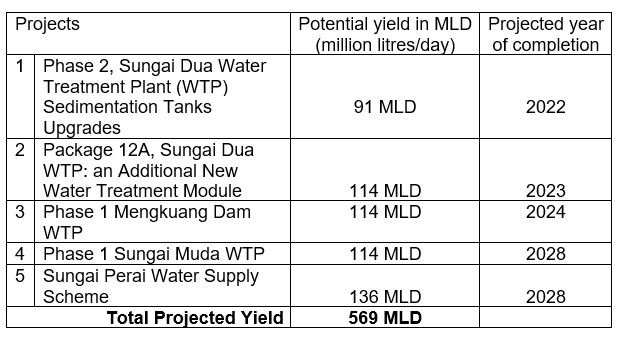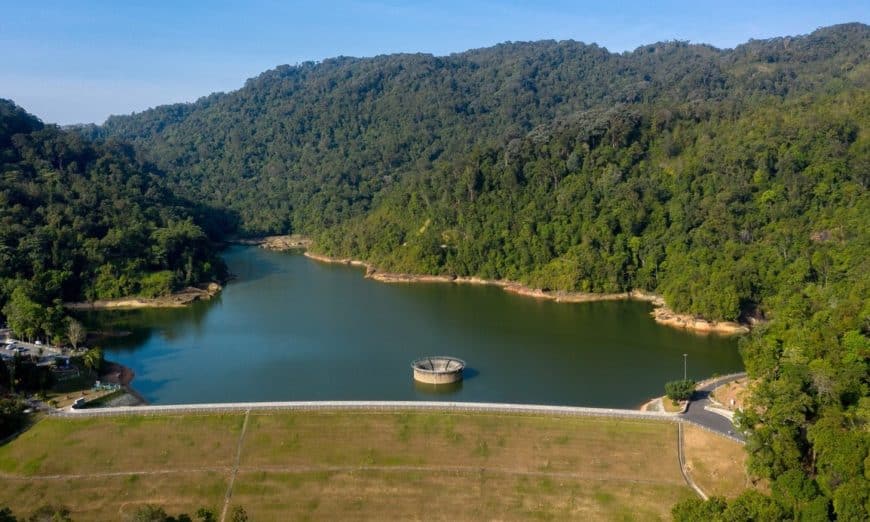THE Penang Water Supply Corporation (PBAPP) has recommended desalination of seawater in Penang to meet future raw water supply demands beyond 2030.
PBAPP chief executive officer Datuk Jaseni Maidinsa said the corporation has planned ahead to help Penang overcome potential scenarios such as the latest Sungai Perak Raw Water Transfer Scheme (SPRWTS) scenario.
“In 2019, PBAPP proposed the Penang Water Supply Initiative 2050 (PWSI 2050) to the Penang State Government as a water supply engineering roadmap to ensure water supply security for Penang until 2050.
“The PWSI 2050 has been revised several times to address scenarios wherein the SPRWTS is further delayed or cannot be implemented by 2030. In the face of these scenarios, PBAPP proposed the commissioning of desalination plants to meet Penang’s projected raw water demand,” Jaseni said in a statement today.
He said that looking ahead, the commissioning of desalination plants in Penang might be implemented in phases from 2030.
“As an island state surrounded by sea, Penang may utilise desalination technology (like Singapore) to theoretically tap an unlimited amount of raw water for the future.
“One should bear in mind that water supply is an essential public service that affects the daily lives of 1.776 million people in Penang, as well as the operations of thousands of businesses,” he added.
Jaseni said PBAPP was also implementing the Raw Water Contingency Plan 2030 (RWCP 2030) projects to ensure water supply security for Penang.
“The five water supply engineering projects are Phase 2, Sungai Dua Water Treatment Plant (WTP) Sedimentation Tanks Upgrades; Package 12A, Sungai Dua WTP: an Additional New Water Treatment Module; Phase 1 Mengkuang Dam WTP; Phase 1 Sungai Muda WTP; and Sungai Perai Water Supply Scheme.
“In summary, PBAPP plans to complete two upgrading projects at the Penang’s award-winning Sungai Dua Water Treatment Plant; build two new water treatment plants near the Mengkuang Dam and Sungai Muda; and start tapping Sungai Perai as an additional raw water resource for Penang.
“These five projects are the key components of PBAPP’s RWCP 2030 and will yield 569 MLD, therefore increasing the maximum design capacity from the current 1,599 MLD to 2,168 MLD,” Jaseni said.

Jaseni also said that the state’s water consumption was 860 MLD last year (2021).
“Projections from an independent water study completed last year indicate that Penang’s water demand may be driven by socioeconomic factors to increase by 78.1% (672 MLD) and reach 1,532 MLD by 2030.
“As such the RWCP 2030 projects will help to ensure that Penang has a healthy ‘reserve margin’ and avoid a water crisis until 2030,” he said.
Jaseni added: “In short, Penang is implementing the RWCP 2030 to ensure water supply security until 2030. Given the latest SPRWTS scenario, PBAPP is recommending desalination of the seawater in Penang to meet future raw water supply demands beyond 2030.”
Story by Christopher Tan

